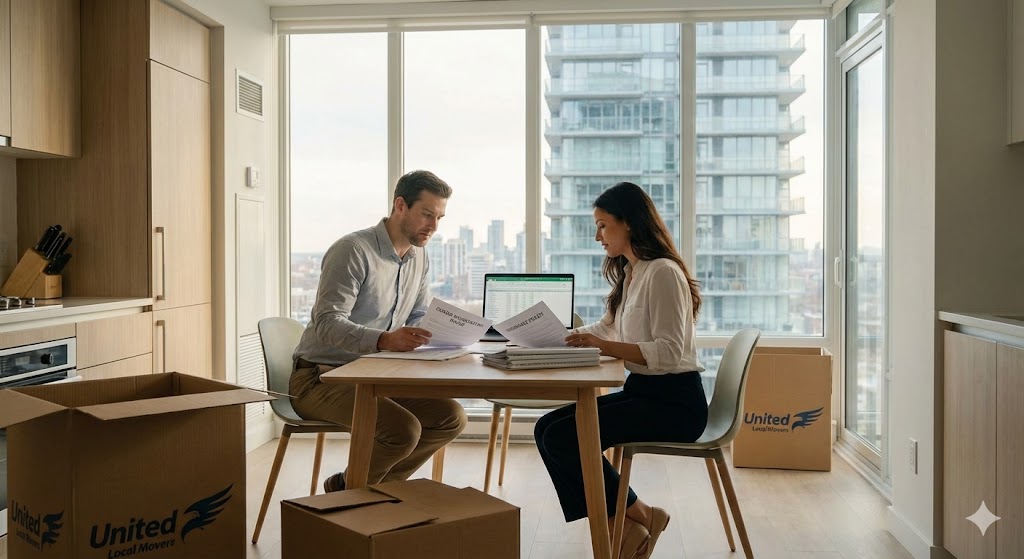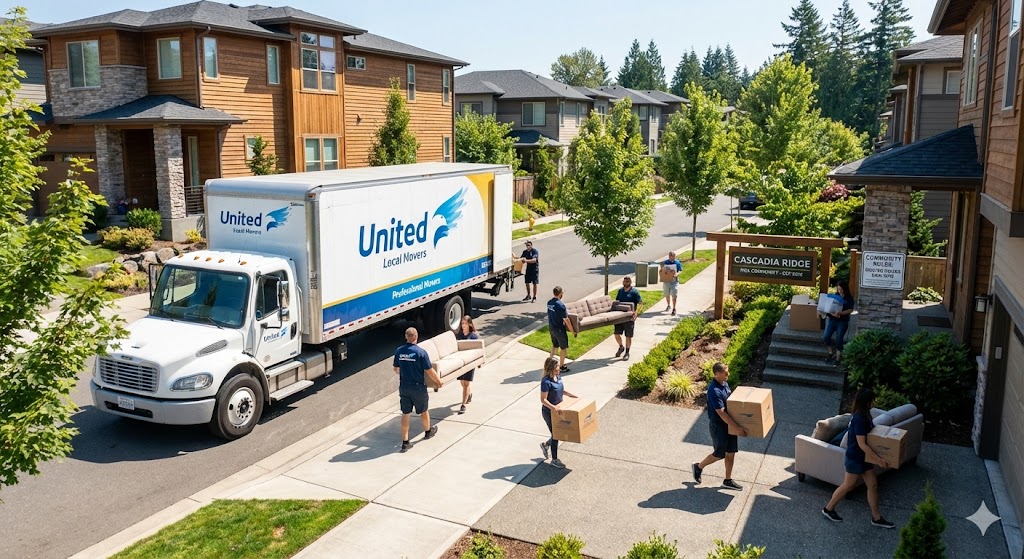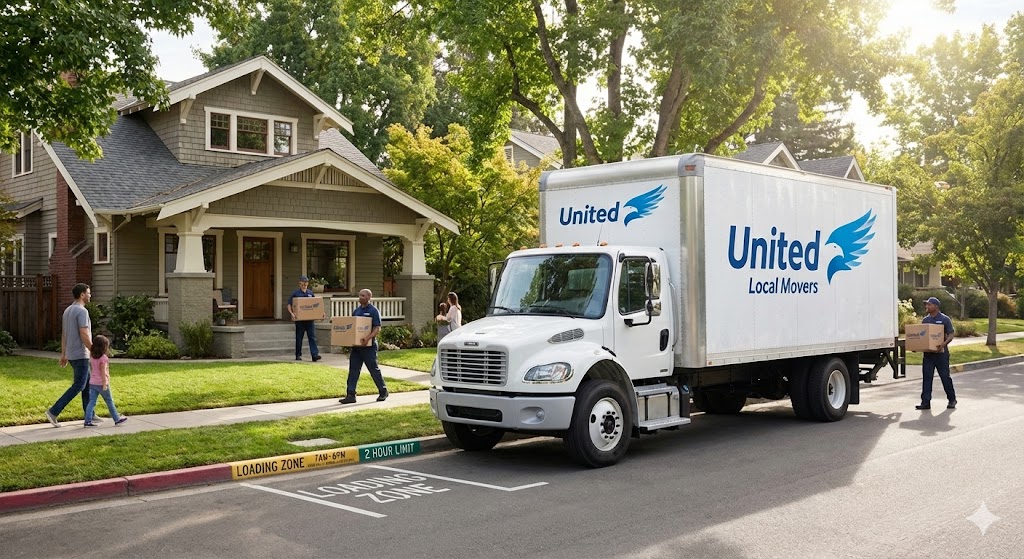When relocating to a new city—especially across state lines—your old bank might not be the most convenient option anymore. Whether you’re opening a local checking account to pay rent, switching banks for better branch access, or setting up finances for a business move, it’s important to plan ahead. In this article, we’ll guide you through when and why to open a new bank account during a move, what documents to prepare, and how United Local Movers helps you stay on top of every detail, financial and otherwise.
Why You Might Need a New Bank Account
Not all banks operate nationally—and even if they do, your new area may have limited branch locations, ATM access, or local support. Here are common reasons people open new accounts after a move:
- Local banking convenience: Easy access to ATMs, branch services, and in-person banking support.
- Property management requirements: Some landlords or HOAs require payment from a local bank.
- Small business relocation: Moving a company often involves registering with a local bank.
- Better rates or offers: New residents often qualify for special promotions or cash bonuses when opening an account.
When to Open the Account
Ideally, open your new bank account either:
- Before the move: If the bank allows remote account opening with digital verification.
- Within the first week after moving: Once you have a local address and can verify residency in person.
Be sure to leave your current account open until all bills are paid and direct deposits are switched over.
What Documents to Prepare
Most banks require the following to open a new checking or savings account:
- Government-issued ID (driver’s license, passport)
- Social Security number or Tax ID
- Proof of address (lease, utility bill, or mail)
- Initial deposit (amount varies by bank)
If you’re opening a business account, you may also need:
- Articles of incorporation or business license
- Employer Identification Number (EIN)
- Partnership or operating agreement (if applicable)
Choosing the Right Bank for Your Needs
When comparing banks, consider the following factors:
- Proximity to your new home or workplace
- ATM network and withdrawal fees
- Mobile app and online banking capabilities
- Monthly fees, minimum balances, and overdraft policies
- Customer service reputation
- Business banking features (if applicable)
Online vs. Brick-and-Mortar Banks
Online banks may offer higher interest rates and lower fees, but they may lack in-person support or same-day deposits. Consider a hybrid strategy: keep your existing online bank and open a local account for everyday needs and in-person services.
Transferring Your Finances
After opening your new account:
- Update your direct deposit details with your employer
- Switch automatic bill payments to the new account
- Transfer remaining funds from the old bank
- Close the old account only after all transactions have cleared
Take a screenshot of new account and routing numbers for secure record-keeping.
How United Local Movers Helps You Stay Organized
Relocating involves so many moving parts—and United Local Movers is here to help you manage more than just your boxes. We offer:
- Custom moving checklists with reminders to handle banking and utilities
- Flexible scheduling so you can visit local banks before or after move-in
- Secure delivery handling if sensitive financial documents are packed
- Peace of mind so you can focus on setting up your new life, not just your new space
Final Thoughts
Opening a new bank account may not be the first thing on your mind during a move—but it can have a big impact on your convenience, budgeting, and peace of mind. Take a few proactive steps to get your finances aligned with your new location. And when you move with United Local Movers, we’ll help you navigate all the details that make your relocation complete—bank accounts included.



